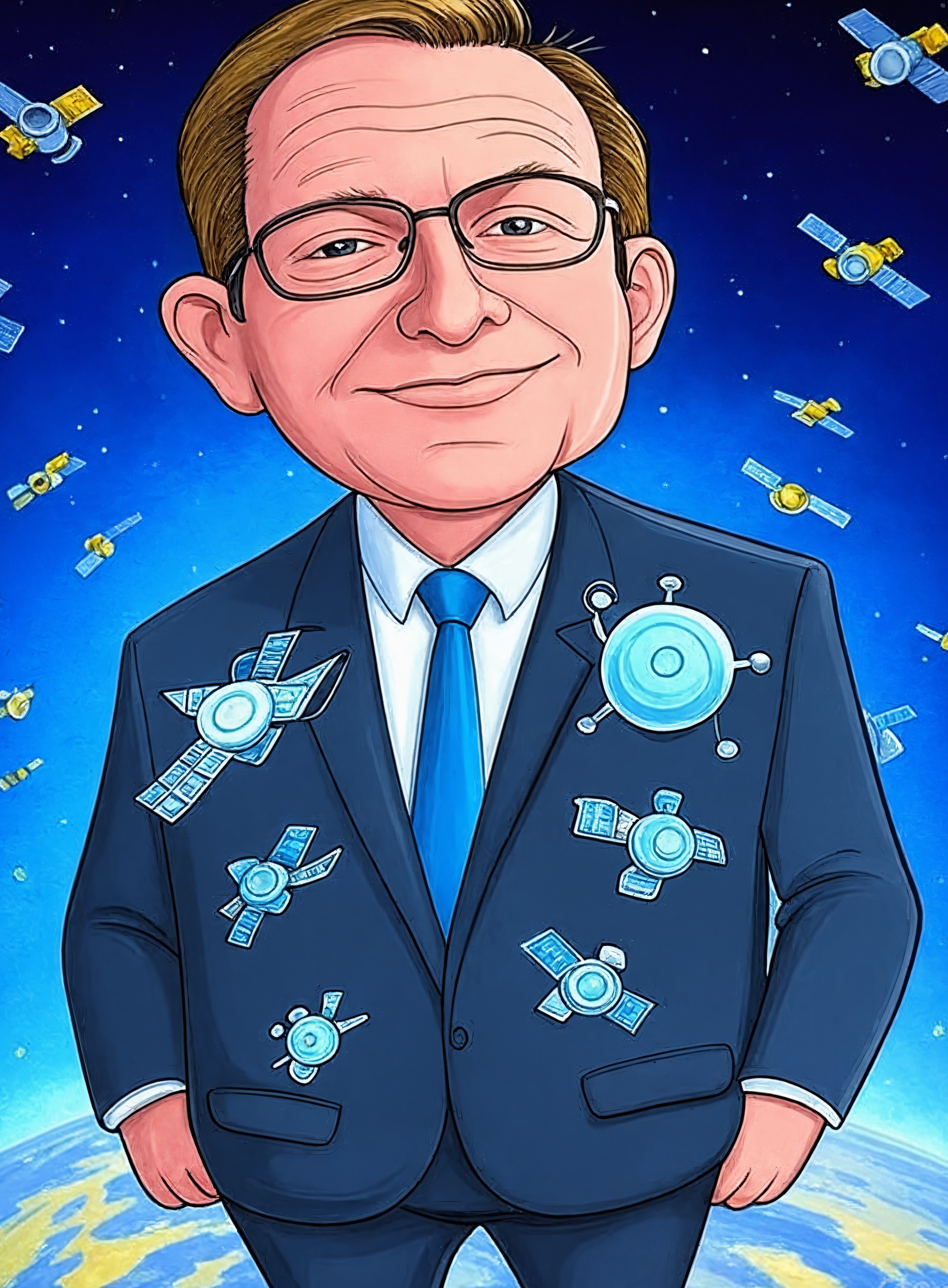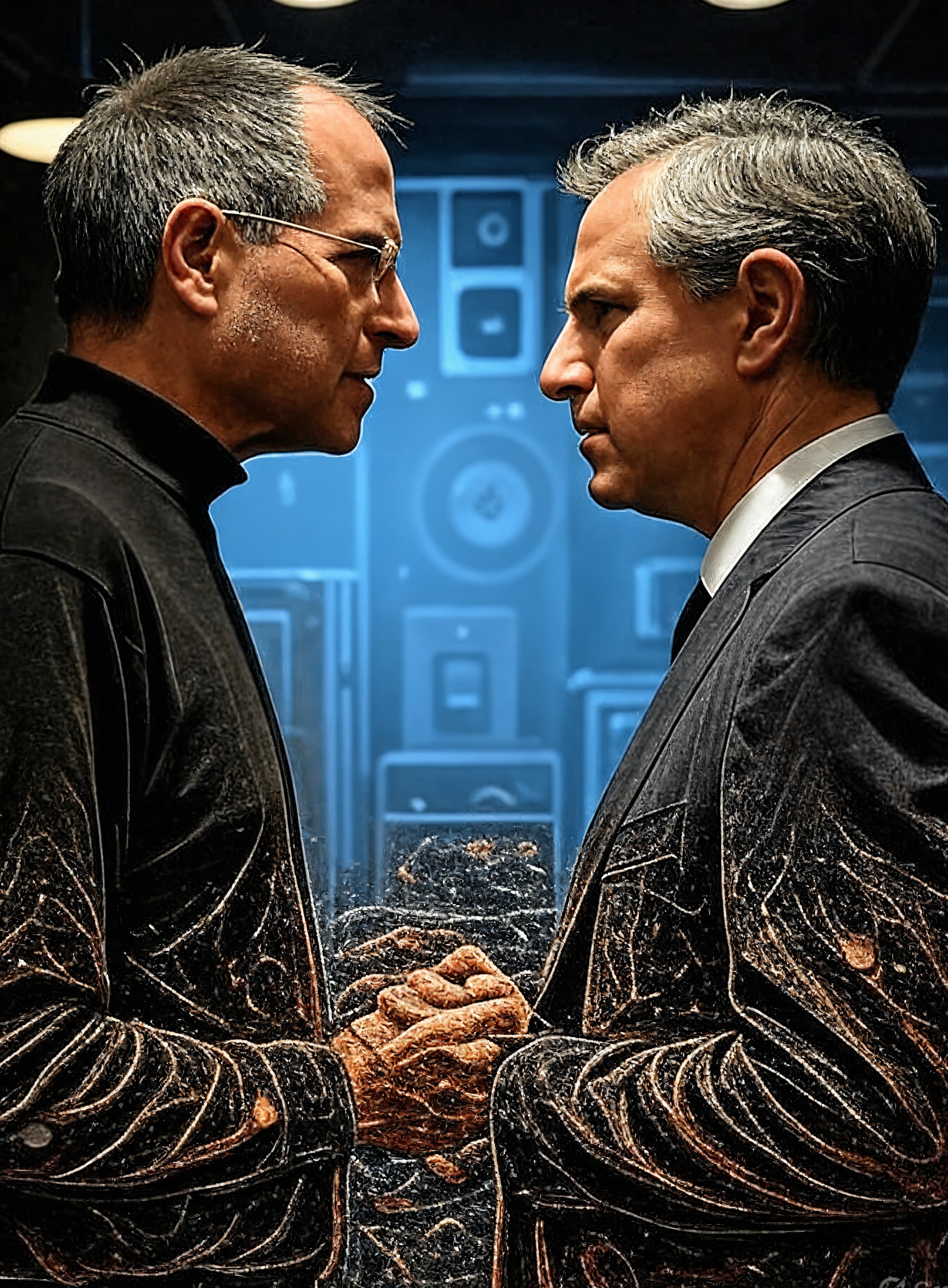
Tesla Traps, Apple Deals, Waymo's Airport Run
Tech giants keep promising a frictionless future, but reality bites back with glitchy doors that lock kids in cars, bargain-bin accessories that scream desperation, and robot taxis dodging airport chaos. These stories aren't isolated blips; they're symptoms of an industry racing ahead while safety and sanity lag behind. Tesla's electronic door fiasco, Apple's fire sale on watch bands, and Waymo's green light at SFO paint a picture of innovation teetering on the edge of absurdity, where sleek designs hide fatal flaws and bold expansions mask regulatory tightropes.
Tesla's Door Handle Debacle: When Innovation Locks You In
Imagine leaving your kid in a sweltering SUV, only to find the doors won't budge because some battery decided to take a nap. That's the nightmare unfolding for Tesla owners, as the National Highway Traffic Safety Administration digs into complaints about faulty electronic door handles on roughly 174,000 Model Y vehicles. These flush-mounted wonders, engineered for that oh-so-aerodynamic edge, go dead when the low-voltage battery falters, turning the car into a high-tech prison.
The Safety Sinkhole
Nine reported cases of children trapped inside highlight the core idiocy: no manual override from the outside. Parents claw at doors while kids bake in the backseat, and Tesla's response? Swap out batteries after the fact, with zero warning lights beforehand. Safety experts aren't mincing words—these handles prioritize style over substance, introducing failure points that traditional mechanical ones never dreamed of. In emergencies, like a hot car scenario, seconds count, and fumbling for an internal manual release isn't cutting it, especially for panicked kids.
China's mulling a outright ban on these electronic gimmicks, a move that underscores global jitters. Tesla's not alone; rivals like Rivian and Lucid tinker with similar tech but slap on mechanical backups. Yet here we are, with NHTSA probing power supplies and lock reliability, adding to Tesla's pile of headaches from unreported Autopilot crashes and dodgy remote parking.
Broader Ripples in Auto Tech
This mess exposes the dark underbelly of EV hype—pushing boundaries without bulletproof safeguards. Analysts predict if defects pile up, recalls or forced software tweaks loom, potentially denting Model Y sales, a global bestseller. The industry might pivot to hybrid systems, blending electronic flair with old-school reliability. But let's call it what it is: a reminder that tech barons like Elon Musk sell dreams, but when those dreams trap toddlers, the backlash hits like a freight train.
Apple's Watch Band Blowout: Discounts or Desperation?
While Tesla owners pry open doors, Apple fans snag deals on watch bands that scream post-launch clearance. Woot's slashing prices on official Apple gear: Braided Solo Loops down to $29.99 from nearly $100, and standard Solo Loops at $14.99. These aren't knockoffs; they're the real deal, compatible across Apple's smartwatch empire, including the fresh 2025 models.
Material Matters and Market Maneuvers
The Solo Loop's liquid silicone rubber shrugs off sweat and swims, perfect for the fitness crowd, while the Braided version weaves recycled polyester into a soft, eco-friendly texture. But here's the rub—no adjustable sizing means measure twice, regret once. Tech insiders see these discounts as Apple's sly way to juice accessory revenue amid a wearable market exploding past 100 million active Apple Watch users.
Accessory sales spike 15-20% after new releases, and with sustainability buzz, recycled materials like those in the Braided Loop tap into green consumer vibes. Yet, this fire sale hints at overstock or a push to clear shelves before next-gen tweaks, perhaps adjustable bands to fix the fit fiasco.
Ecosystem Empire Building
Apple's dominance in wearables isn't just hardware; it's an accessory goldmine. Competitors like Fitbit and Samsung nibble at the edges, but third-party bands flood the market at rock-bottom prices, forcing Apple to play the discount game. Looking ahead, expect more fashion tie-ins and material innovations, turning wristwear into a billion-dollar battlefield where eco-credentials win wars.
Waymo's Airport Gambit: Autonomous Dreams Hit the Tarmac
Shift gears to San Francisco International Airport, where Waymo just scored approval to test its self-driving fleet amid the chaos of baggage carts and jet-lagged hordes. This Alphabet offshoot, with 20 million autonomous miles under its belt, now navigates SFO's high-stakes hustle after marathon negotiations with airport brass.
Testing in the Pressure Cooker
Airports aren't forgiving playgrounds—think pedestrian swarms, erratic shuttles, and zero room for error. Experts hail this as Waymo's big validation, proving its LIDAR-laden, AI-powered rigs can handle real-world madness. It's a leap from urban streets to specialized zones, potentially revolutionizing airport ops with emission-slashing robot shuttles.
The autonomous market's booming, with shuttle services eyeing 25% annual growth through 2030. Waymo leads, but Cruise, Motional, and Zoox lurk, all hungry for similar gigs. Success here could fast-track deployments worldwide, easing congestion and greening ground transport.
Regulatory Realities and Road Ahead
Negotiations dragged on, spotlighting the regulatory tango needed for safe integration. If Waymo nails it, expect a domino effect: more airports adopting autonomous tech, boosting public trust and policy nods. But one glitch—a fender-bender in the pickup lane—could unleash scrutiny, echoing Tesla's woes.
Tying It All Together: Tech's Reckless Rush
These tales weave a tapestry of tech's double-edged sword. Tesla's door traps reveal how cutting-edge design can backfire into life-threatening lapses, Apple's deals expose the cutthroat accessory hustle, and Waymo's airport foray signals autonomous tech's creeping conquest of complex turf. Yet beneath the gloss, patterns emerge: overreliance on electronics without fail-safes, market maneuvers masking vulnerabilities, and bold expansions testing regulatory limits.
Key takeaways? Demand accountability—Tesla needs ironclad overrides, Apple should innovate beyond discounts, and Waymo must prove flawless execution. The future holds hybrid safety nets in autos, sustainable wearables dominating wrists, and robot fleets reshaping transit. But if history's any guide, expect more hype-fueled hiccups before the revolution truly rolls.
Comments
Read more

Satellites and Scandals: Tech's Orbital Mess
Explore how satellite swarms are ruining space science and IP theft is delaying games, revealing tech's unchecked growth pains.

Black Friday Tech Deals: Smart Glasses and Streaming Wins
Unpack Black Friday steals on Ray-Ban Meta smart glasses and streaming subs, blending AI flair with entertainment savings for savvy tech buyers.

Apple's $634M Patent Bloodbath with Masimo
Apple slapped with $634M fine for ripping off Masimo's blood-oxygen tech in Watches. Unpack the legal farce exposing tech giants' IP hypocrisy.